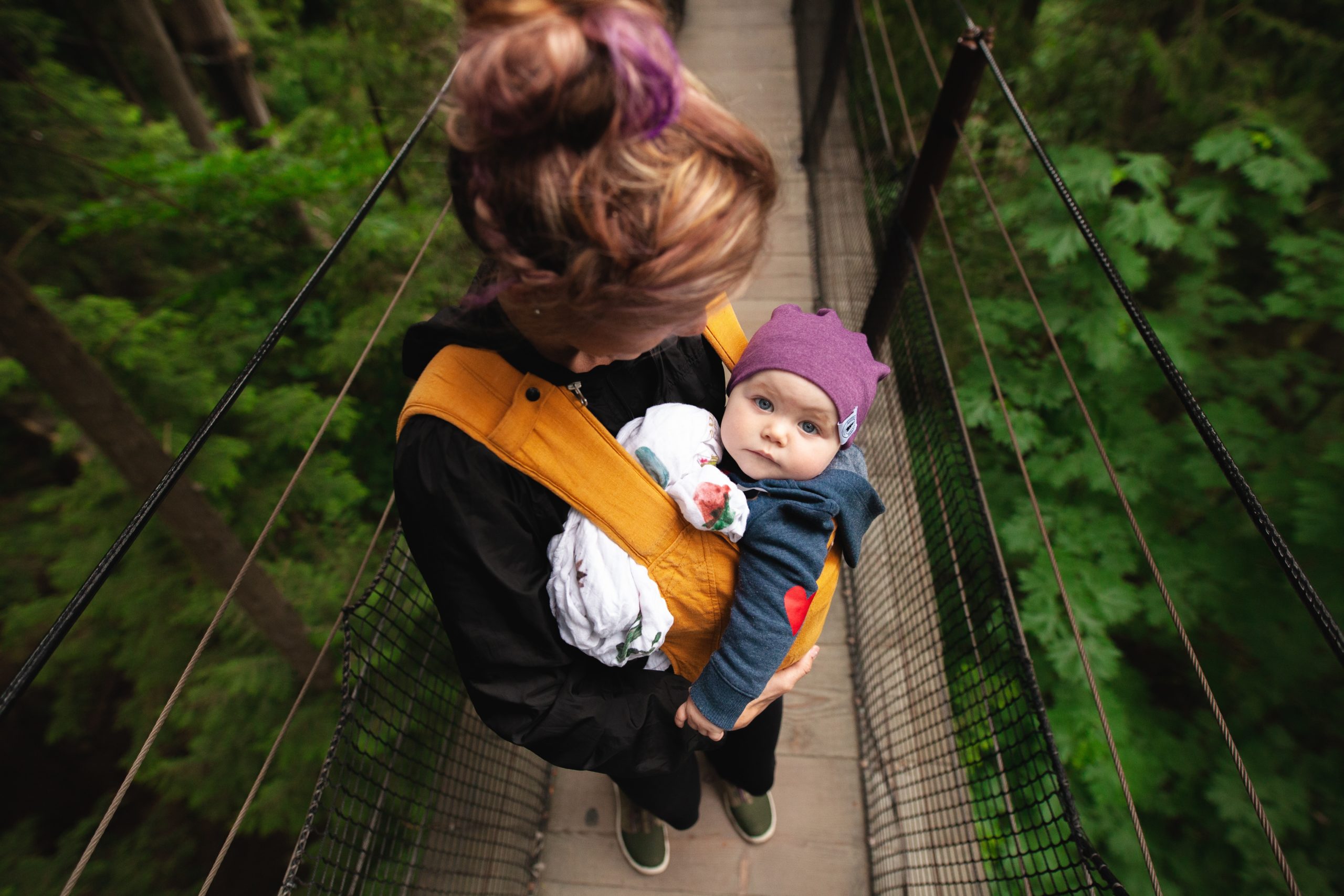How to shop for a baby carrier:
A baby carrier is a piece of equipment that may safely hold and transport newborns and young children, allowing the person providing care to do so with both hands free. There are many different types of baby carriers available, such as sling carriers, wrap carriers, front carriers, back carriers, and hybrid carriers. Cotton, mesh, and a variety of other breathable fabrics, among other things, are used to make them. A good baby carrier will have the right amount of support for the baby’s head, neck, and spine, as well as a safe strap that will keep the baby in place. It is strongly suggested that you choose a baby carrier that meets the safety standards set by groups like the Consumer Product Safety Commission (CPSC) or the Juvenile Products Manufacturers Association (JPMA).
Finding the finest baby carrier is an essential decision for new parents, as it may give a means to carry your child that is both comfortable and handy, while also allowing you to have both of your hands free. When searching for the ideal baby carrier to meet your requirements, there are a few things you should keep in mind, including the following:
Safety
When looking for a baby carrier, you should place the utmost importance on your child’s safety. You should look for a carrier that has been certified by an organization you can trust, like the Consumer Product Safety Commission (CPSC) or the International Hip Dysplasia Institute (IHDI). In order to provide comfort and support, the carrier you choose should feature a durable waistband that can be adjusted, wide shoulder straps that are padded, and a safe harness that can be adjusted for your child.
Comfort
Because your comfort and the comfort of your baby are equally vital, you should seek for a carrier that is manufactured from materials that are both pliable and breathable. Back pain can be alleviated to some extent by using a carrier that has adjustable straps and a wide waistband that helps distribute the weight evenly. This sort of carrier is also more likely to provide a comfortable fit for a wider range of body types.
Life style
When looking for a baby carrier, it is crucial to take into account because different types of baby carriers are made for a variety of different purposes. If you intend to use your carrier for outdoor activities such as hiking, you should seek for a carrier that has a construction that is robust and long-lasting and that can support the weight of your child. If you are searching for a carrier that you can use on a daily basis, you should probably seek one that is smaller and more lightweight.
Ease of Use
It is crucial for parents who are constantly on the go to have a baby carrier that is simple to put on and adjust. Look for a carrier that has directions that are easy to understand and follow, and make sure that it is quick and simple to put on and take off. A carrier with a removable hood can give your child more shade and protection from the wind and sun.
Price
The price of baby carriers can range from inexpensive models to more expensive models with more functions and more sophisticated design. Establish a price range for yourself, and then search for the best carrier that falls within that range while still satisfying all of your requirements with regard to ease of use, comfort, versatility, and safety.
Reputation of the Brand
Another significant factor to take into consideration is the carrier’s reputation as a brand. Look for a brand that has a solid reputation in the marketplace for both its quality and its safety. It is helpful to obtain an idea of the general quality and contentment of the carrier by reading reviews and ratings left by previous customers. If you want recommendations for businesses that have a solid reputation, you may think about reaching out to other parents or talking to a pediatrician.
Baby size
It is imperative that you select a baby carrier that is suitable for both the size and weight of your child before making a purchase. A carrier with an adjustable harness and a wide waistline can fit an infant as it grows. However, a carrier with a weight limit of at least 15 pounds is the best choice for carrying a newborn.
Conclusion
To summarize, when searching for the ideal baby carrier, you should give careful consideration to the following factors: your baby’s size and weight, as well as comfort, adaptability, ease of use, price, and the reputation of the brand. Be sure to pick a carrier that not only satisfies but also surpasses the required safety standards, and that also provides the amenities and comfort your family need. You can make sure that the experience is safe and comfortable for both you and your kid if you take the time to do research and select the baby carrier that is the greatest fit for your requirements.
See also: How to shop for a baby stroller


